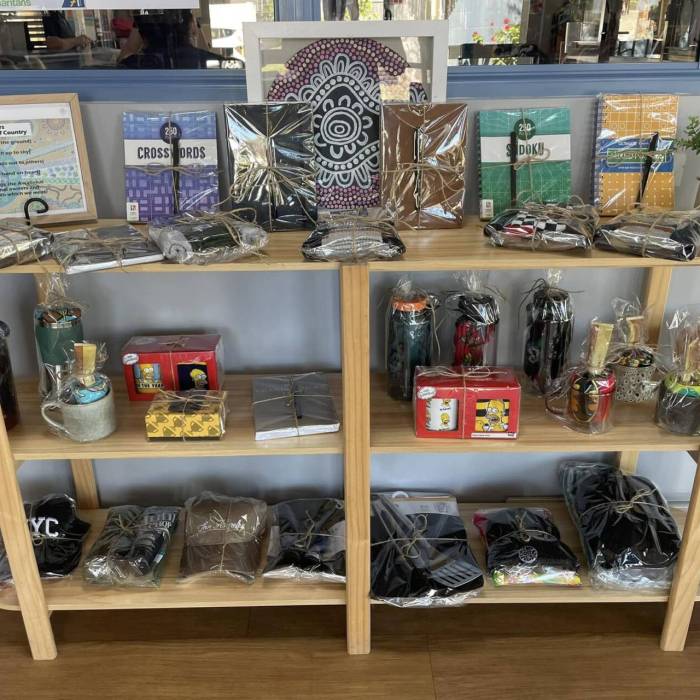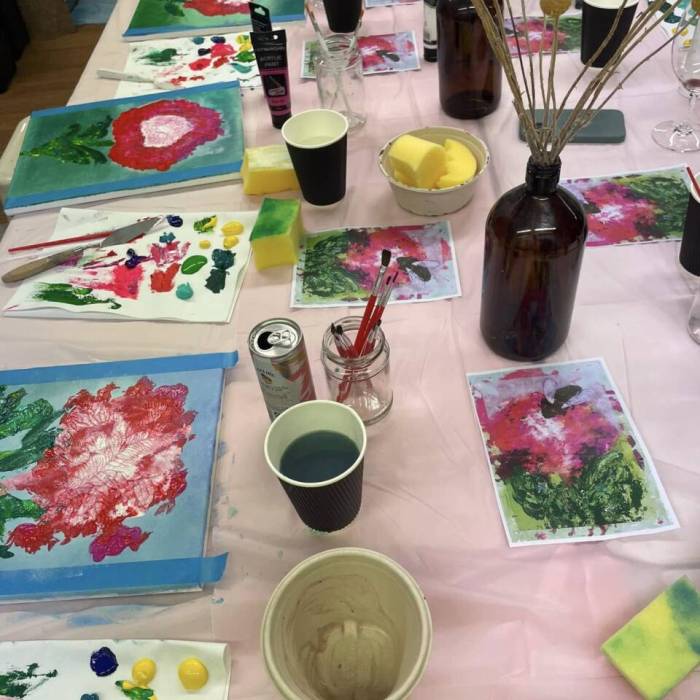Questions and Answers
If you have any fruther questions get in touch with us!
Here are essential Q&A's that capture the fundamentals of Glendore Child Care

Educators must hold a minimum of a Certificate III in Early Childhood Education and Care. The Director must hold at least a Diploma, while the lead educators should ideally have the same or higher. Additionally, all staff must have a Working with Children Check, current first aid certification, and regular professional development to maintain and improve quality standards..
Safety and engagement can be achieved by using age-appropriate materials, maintaining secure indoor and outdoor play areas, and including natural elements. Incorporate sensory play zones, reading nooks, and open spaces for motor activities. Regularly update and inspect facilities and play equipment for wear and safety compliance.
Key policies include health and hygiene, nutrition, behaviour management, incident reporting, parental communication, emergency procedures, and inclusion policies. These policies should be clear, regularly reviewed, and communicated with parents to ensure transparency and trust.
The Early Years Learning Framework (EYLF) guides curriculum development in Australia. Focus on child-led, play-based learning activities that encourage curiosity and development across key areas: language, social, motor, cognitive, and emotional skills. Incorporate cultural and family diversity and adjust for developmental milestones.
Open, regular communication is key. Use daily updates, quarterly reviews, and informal chats during drop-off and pick-up. Offer family involvement opportunities in activities or special events, and maintain transparency in child progress, safety, and centre policies to build trust.
Documentation is essential for tracking children’s development, assessing the program’s effectiveness, and meeting regulatory requirements. Maintain individual learning portfolios, attendance records, incident and illness logs, and regular observation reports as part of compliance and quality assurance.
Establish predictable routines that include meal times, rest periods, and activity times while allowing flexibility for individual children’s needs. Consistency helps children feel secure, while flexibility ensures they can engage based on their energy levels and interests.
Work closely with families and specialists to understand each child’s unique needs. Use adaptive play equipment, sensory-friendly spaces, and inclusive activities that allow all children to participate. Provide targeted professional development for staff to understand and support different abilities and backgrounds.
Regularly evaluate quality using feedback from parents, observations of child engagement, staff evaluations, and the Australian Children’s Education and Care Quality Authority (ACECQA) Quality Standards. Conduct self-assessments and external audits to ensure continuous improvement in care, curriculum, and centre operations.

